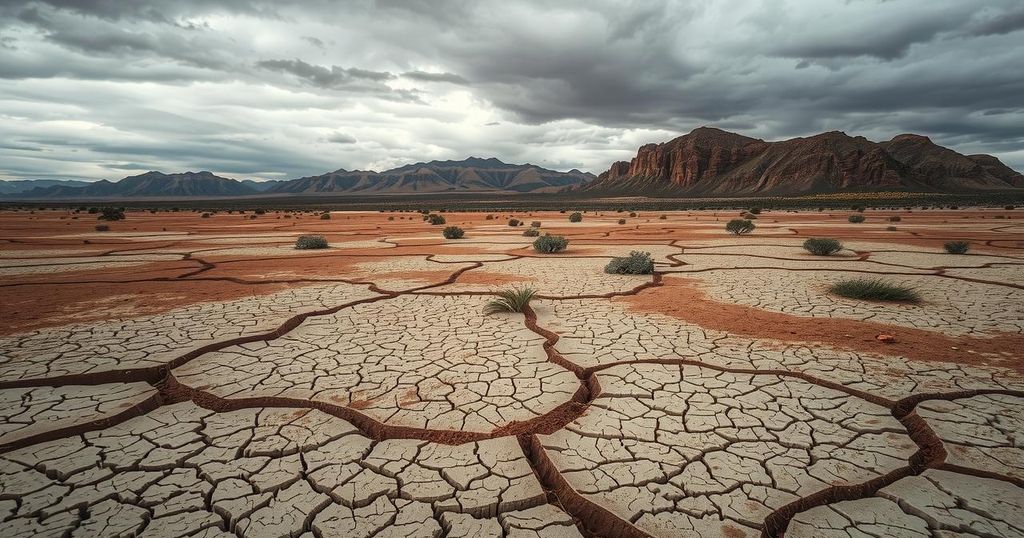Impact of Climate Change on Pakistan: A Call for Glacier Preservation

Finance Minister Muhammad Aurangzeb noted that climate change has adversely affected food and livelihoods in Pakistan. The Climate Risk Index ranked Pakistan as the most vulnerable country to climate change, primarily due to the catastrophic floods of 2022. The government is launching a Glacier Conservation Strategy to address these challenges as glaciers continue to retreat due to climate change.
Muhammad Aurangzeb, the Finance Minister of Pakistan, stated that climate change has severely affected food production and the livelihoods of millions within the country. According to the Climate Risk Index (CRI) for 2025, Pakistan ranked as the most vulnerable nation to climate change in 2022, following Belize and Italy. This ranking stems largely from catastrophic floods in 2022, which were driven by record monsoon rainfall, glacial lake outburst floods (GLOFs), and various other contributing factors.
During an event in Islamabad commemorating the inaugural ‘World Day of Glaciers,’ Minister Aurangzeb emphasized the adverse effects of climate change on the water cycle, which negatively influences crop yields and food production. He specifically mentioned that the GLOF events of 2022 devastated numerous regions, noting that Pakistan has over 3,000 glacial lakes, with 33 identified as particularly volatile, putting more than seven million people at risk.
He described the situation as alarming and spoke of timely efforts to establish a framework for glacial protection and resilience in Pakistan. Aurangzeb pointed out that while securing financing is essential, the more significant challenge lies in enhancing capacity building within the country. Despite receiving $10 billion in pledges post-2022 floods, only one-third was realized due to Pakistan’s inability to create viable, investable products.
The first ‘World Day of Glaciers’ serves as a platform for dialogue regarding the global state of glaciers and the impact of their melting on global water, food, and energy security. In accordance with this observance, the Pakistani government is initiating its first ‘Glacier Conservation Strategy,’ aiming to bolster collective efforts for the protection of these essential ecosystems. As glaciers recede, they exacerbate extreme weather events and introduce new disaster risks, such as landslides and enhanced sedimentation, directly threatening vulnerable populations.
Glaciers play a vital role in regulating the global climate and supplying freshwater to billions. However, driven mainly by human activities since the 1800s, climate change continues to accelerate glacier melting. The United Nations has proclaimed 2025 as the International Year of Glaciers’ Preservation, signifying the importance of these glacier systems and advocating for necessary support for those dependent upon them and impacted by changes in the cryosphere. These initiatives highlight the mountainous regions’ critical contributions as major sources of freshwater and ecosystem services.
In summary, Pakistan’s Finance Minister Muhammad Aurangzeb highlighted the acute challenges posed by climate change, particularly its effects on food production and livelihoods. The country’s vulnerability was underscored by its 2022 ranking in the Climate Risk Index, primarily due to devastating floods. The establishment of the Glacier Conservation Strategy represents a proactive approach to combat glacier retreat, which threatens millions. Moreover, the UN’s designation of 2025 as the International Year of Glaciers’ Preservation emphasizes the urgent need for advocacy and action surrounding glacier preservation.
Original Source: www.dawn.com






